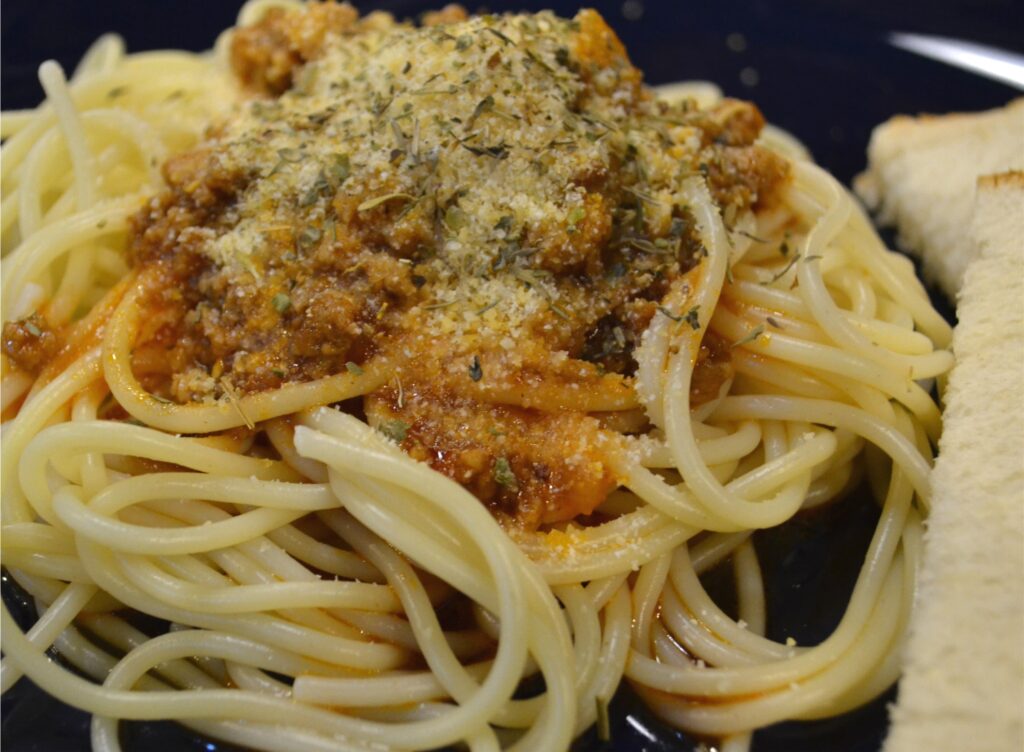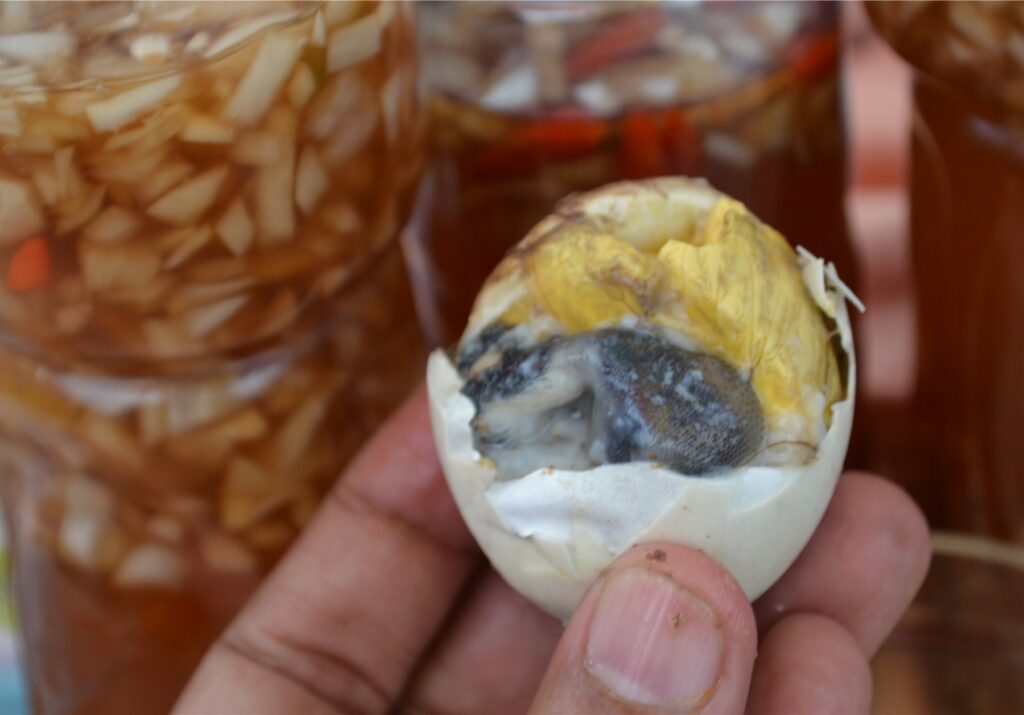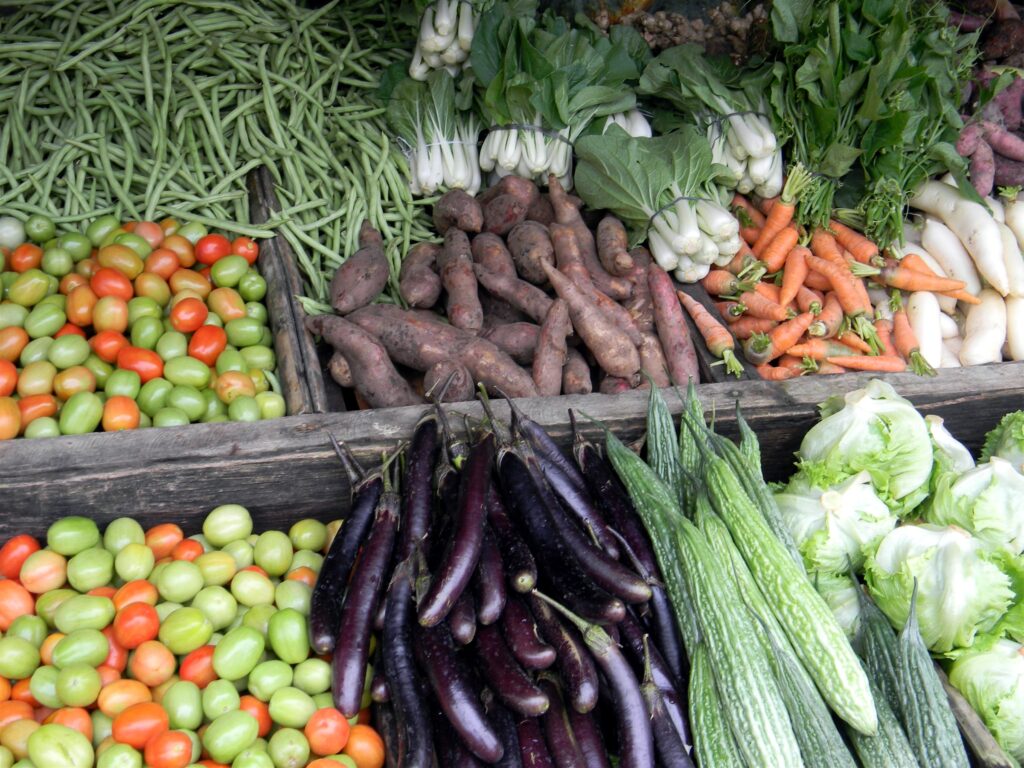Text and Photos by Henrylito D. Tacio
In June 2011, some 200 people, mostly children, were taken to hospitals after suffering food poisoning at a birthday party for a two-year-old boy in barangay Meysulao in Calumput, Bulacan.
Hours before the concert for the “David Foster & Friends” Asia tour in Singapore in 2010, singer Charice was rushed to a hospital due to suspected food poisoning. According to her mom, Raquel, the young singing idol, was vomiting the morning after eating sushi in a restaurant.
“Food poisoning may be the result of eating food or drinking water that’s been contaminated with infectious bacteria,” explains The Doctors Book of Home Remedies. “Some bacteria work by secreting toxins that affect the whole body, including the digestive tract. Others work by directly attacking the lining of the intestines.”
Typically, a person experiences abdominal cramps, diarrhea, or vomiting within 24 to 48 hours after dining. They may also experience sweating, itching, or even a slight fever. Generally, these symptoms usually end after a day or two.
Food poisoning can strike anyone. “How you feel can range widely, depending on the type of bacteria you are infected with and your own state of health,” points out Dr. William B. Ruderman, chairman of Gastroenterology at the Cleveland Clinic-Florida in Fort Lauderdale. “It usually hits hardest when your immune system is already weak from previous illness or immunity-weakening drugs.”
According to Dr. Ruderman, when you find yourself infected with bacteria or a virus that causes food poisoning, you may simply have to be miserable for a short time until your immune system responds and fights off the infection.
But there are people that need special attention. “For the very young, the elderly, or someone suffering a chronic condition or immune disorder, food poisoning can be very serious,” warns Dr. Lynne Mofenson, associate branch chief for clinical research at the U.S. National Institutes of Health. “These people should contact a doctor at the first signs of food poisoning.”
Even if it is just a common case of food poisoning but if you experience most of these additional symptoms, you must immediately see a doctor: difficulty swallowing, speaking, or breathing; fever above 100 degrees Fahrenheit; severe vomiting (meaning you can’t even hold down any liquid); severe diarrhea for more than a day or two; persistent, localized abdominal pain; dehydration (extreme thirst, a dry mouth, or decreased urination); and bloody diarrhea.

The Doctors Book of Home Remedies provides these tips on what you can do to help your body fight a case of food flu:
Drink water. “You are losing liquids very quickly when you have food poisoning. Therefore, it is extremely important to replenish your system,” says Dr. Joseph Madden, director of the Division of Microbiology at the Center for Food Safety and Applied Nutrition.
Start with a few sips of water. “Trying to gulp down too much at once may trigger more vomiting,” says Dr. Vincent F. Garagusi, professor of medicine and microbiology at Georgetown University Hospital in Washington, D.C.
“Once you can keep water down, it is better to take in fluids containing sugar, because they are better absorbed by the body,” Dr. Ruderman says. Try clear fruit juices. Or sports drinks which help replenish the necessary elements as well as rehydrate your body with water.
Relax. “Most of the time, food poisoning problems tend to resolve themselves without needing intervention,” says Dr. Ruderman. Once your body’s immune system takes over, relief is on the way, and you’ll be feeling better soon. Just rest and drink fluids, and when you feel a little better, start to establish a diet.
Don’t take over-the-counter drugs. If you feel the urge to reach for an antacid, stop yourself. “They don’t really help,” says Dr. Ruderman. In fact, antacids can reduce the acids in your stomach and weaken your defense against bacteria. “Possibly,” says Dr. Mofenson, “bacteria could multiply in greater numbers and more rapidly if you take an antacid.”
Ease into a bland diet. When you feel ready to begin eating, a bland diet is recommended. This means eating easily digestible foods. Among the foods to be avoided are those that are fried, smoked, or salty. Also, avoid raw vegetables, pastries, preserves, candies, alcohol, and spices, and condiments. “You should do this for a day or two; then your stomach will be ready to get back to its routine,” Dr. Mofenson says.
Get a lift from a sugary drink. If you’re feeling weak, sip on a flat soft drink. “The advantage of soda is that it has sugar in it,” says Dr. Ruderman. “This will give you some energy.”
You can’t always blame the restaurant for your tummy trouble. The truth is, says Dr. Daniel Rodrigue, medical epidemiologist for Enteric Disease Branch of the Center for Infectious Diseases, Center for Disease Control and Prevention, “many cases of food poisoning probably come from carelessness in your own home.”
Dr. Hartigan-Go, who was then with the Food and Drug Administration (FDA), suggests that you buy only from reputable food sources. Aside from checking the physical condition of the product (dented, bulging, or deformed canned foods must be avoided), you must also check the open date marking (expiry date/consume before date or best before date) for perishable items.
For fruits and vegetables, Dr. Hartigan-Go advised to buy only those which are fresh. “Wash them thoroughly with running water before cooking or eating,” he urged.

Limit eating street foods like balut 
Fresh vegetables
Those who may be tempted to buy street foods while shopping, Dr. Hartigan-Go advised that consumers must first “investigate if (the food) was prepared, cooked, and handled in hygienic manner.”
Dr. Hartigan-Go also shared some tips on how to prepare foods properly. “Wash your hands thoroughly before, during, and after food preparation, after using the toilet, and as often as necessary,” he said, adding that foods must be prepared “only in a clean work area using clean containers, utensils, cutting boards and sponges, among others.”
The foods must be cooked at the proper temperature, he said. “Keep food out of the danger zone temperature range – 5⁰C to 60⁰C – for more than two hours,” he suggested. “Remember the food golden rule: Keep hot food hot and cold food cold.”
When placed on the table and will not be eaten yet, Dr. Hartigan-Go advised that the foods be covered “to prevent insects from coming in, which could result in microbiological contamination.”
Should there be some leftovers, these should be refrigerated or stored properly and promptly. “Immediately discard spoiled and suspected to be spoiled food,” Dr. Hartigan-Go suggested. “Re-heating or re-cooking them will not help.”

